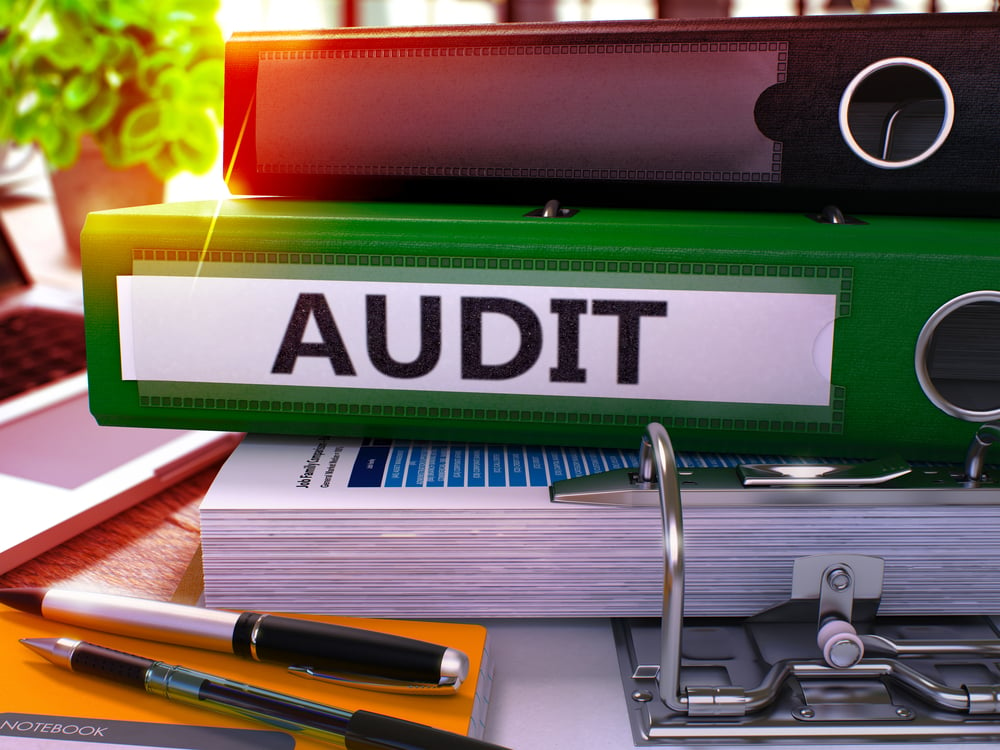
When you are notified about an impending IRS audit, your first thoughts should center on how you can prepare for this process and have it play out in your favor. Just as you would prepare to defend yourself in court, you should likewise give your audit the same level of attention and care.
Well before your scheduled appointment with the IRS, you would do well to take precautions that will be needed to substantiate your tax returns. You can prepare for a field audit by following these important guidelines in the days and weeks prior to this meeting.
Gather Necessary Document
The first step you should take is to gather any and all documents that could relate to the audit. Having plenty of written documentation to back up your returns can be vital as you explain why you filed in the manner that you did. Examples of vital documentation to gather prior to the audit include:
- Tax returns from this year and those prior
- Financial statements for the year for which you are being audited
- Depreciation schedules
- Payroll tax documents and data
The IRS will more than likely expect you to have this paperwork on hand before the audit begins. You can ensure that the entire process will go smoother if you have it ready to submit without being asked for it.
Hire a Tax Adviser
An audit calls for you to retain professional counsel who can advise and advocate for you. In fact, if you are unfamiliar with current tax laws or do not know what to expect throughout the auditing process, you would be well advised to hire an adviser to go along with you. This counsel will ensure that you only answer questions that are relevant to your case and that you understand what is expected of you throughout the meeting.
Know Your Rights
In fact, before you meet with the IRS, you should use the time to research your rights and find out what protections you are entitled to before, during and after the meeting. This research should begin with the letter that the agency sends you to alert you to your audit. The letter may provide you with a clear guideline of what you can do to prepare for this process.
You can also use the Internet to research your rights and what steps you can take to protect yourself. One of these steps should be to hire a lawyer or tax professional to assist you during the audit.
Consider Asking for a Delay
The IRS will show up to the meeting fully prepared to question you and examine your returns. You are entitled to the same level of preparedness. If you feel like you are not ready or you need more time to gather the documents or counsel you need, you should request a delay for your audit.
You may be granted a few more weeks or months to prepare better for this process. You should request the delay in writing and make sure that you keep proof of the request in case the auditor assigned to your case does not have the same information and assumes that you purposely avoided the original meeting.
Prepare to Appeal
Even before the original audit takes place, you should be prepared to file an appeal if or when you receive a decision with which you disagree. In fact, you should realize that you are entitled to due process throughout the auditing procedure.
Knowing how you can file an appeal and when you should do so can help you go into the first audit with the confidence you need to have it work to your favor, either now or in the future. If you want to appeal, however, it can be vital for you to have a tax professional guide you through that process. You can prepare for a successful appeal by having this professional on retainer at the time of the original meeting.
Preparing for an audit begins weeks and months in advance. These guidelines can help you substantiate your claims and possibly avoid having to pay more in fines or taxes.




